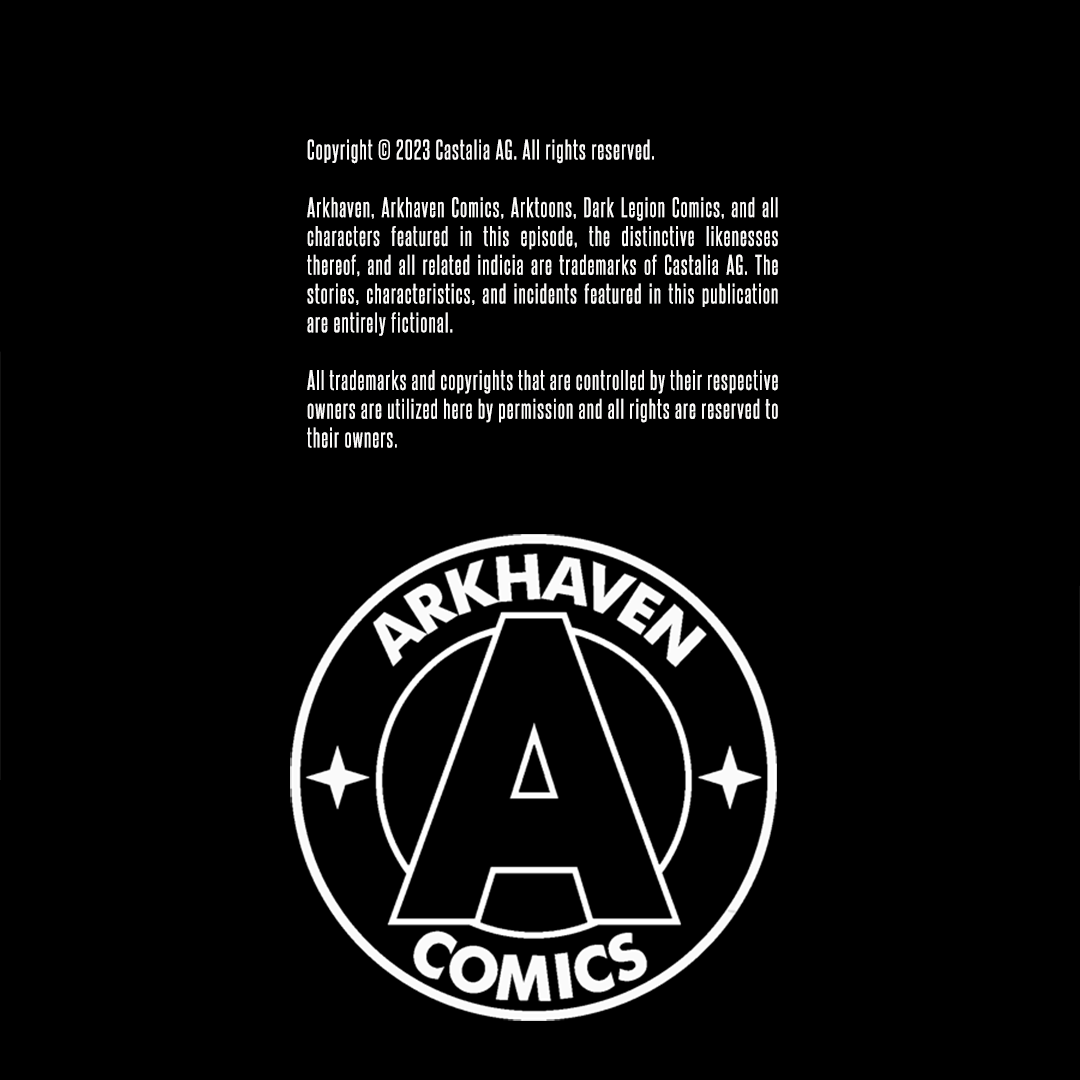
Episode 7
You Shall Not Die
Phaethon’s mind was blank. It was all too bizarre. He knew what the word “enemy” was; the term referred to something like a competitor, but a vicious and uncivil one. The idea that the Golden Oecumene structure, however, could be such a thing was patently absurd, like thinking the sky was made of iron. Phaethon knew what insanity was, from his historical simulations, the same way he knew what a flint hand ax or a disease was; he was able to understand the idea that the Neptunian might be insane. He just was not able, not really, to believe it.
In his mental blankness, all he could think to say was: “If I wake my real body, to travel outside the range of the Noumenal Mentality, my brain information could not, in the case of a physical accident, be recorded and stored. Important segments of my life experience might be lost; I could even lose continuity and die the true and final death.”
“But I tell you that you shall not die, but shall mingle with the Tritonic Composition and achieve a finer and higher life!”
The other six Peers, each with different thinking-speed and thinking processes, absorbed, pored over, or examined over 9,200 projections of the effect of the next Transcendence on the upcoming Millenium, either directly, or (for those without permanent mental augmentations on staff), through auxiliary minds.
A gap in Helion’s memory edited out this wait, and brought his time and time sense current to the next point in the conversation. To him, there was no pause. It may have been hours, or merely seconds, later.
The undisputed informal leader of the Peers, Orpheus Myriad Avernus, was not physically present, there or anywhere. He was the eldest and wealthiest of the Seven. He presented himself to Helion’s senses as a dark-haired, pale-skinned youth, whose face had a haunting lack of expression, but with eyes unblinking, inward looking, deeply self-absorbed. He wore a long black Plutonian thermal cape of a style so quaint and so far out of fashion that only during a masquerade would it pass without comment. The wide neckpiece rose almost to his ears, and the paudrons extended past his shoulders, making his head seem small and childlike.
Orpheus spoke in a very soft voice: “We applaud the sentiment expressed by our newest Peer. When conditions are optimal, any change, by definition, is decay. And Helion knows all too well how chaos, disloyalty, and recklessness can be found within our own households and holdings, and even within the hearts of those nearest to us.”
For a moment, no one spoke. All eyes were fixed on Helion. An embarrassed silence hung over the room.
Gannis (or one of him) was physically present in the library chamber in Aurelian House where the meeting was “actually” taking place. Gannis was disguised as a character from First Mental Structure mythology, in robes of sky blue and white, crowned in rays, and with a lightning bolt for a scepter. He held the copyright on a rather striking face: black bearded, with deep-set eyes spaced far apart, beneath a wide and kingly brow. An eagle and a she-eagle were perched on his chair back, one over either shoulder. Gannis’s eyes were as bright and fierce as those of his pets, but his voice was an agreeable, cheerful boom.
He now spoke to break the tension: “Elder Orpheus! Here you are opening old wounds. Helion has Phaethon well under control; why bring up an episode we all agreed to forget? I thought we were not going to speak any further it.”
Orpheus spoke softly, as if he were talking only to himself, without moving his eyes: “We did not speak on that subject. Except we note that Helion has good reason, now, to display uncompromising zeal in the defense of tradition and orthodoxy.”
Orpheus was a member of the small, ancient, peculiar school called the Aeonites. Their practice was to record an unchanging idealized version of themselves into permanent computer space. This template, at regular intervals, created an emanation or eidolon of itself, which came to life. New eidolons absorbed the information any prior active or living eidolons had acquired since the time the template was absorbed, but rejected any changes of personality, philosophy, or basic values. Members of this school were frozen and unalterable.
It was only by the narrowest margins that the Curia determined Aeonite legal status to be that of self-aware entities rather than ghosts or recordings. Public opinion did not necessarily agree.
(Helion, watching with part of his multiple mind on another channel, saw that Orpheus had no sensorium in operation. Orpheus saw no room at all; the dialogue was merely text; face expressions and nonverbal signs appeared in frames nearby, like the faces on playing cards. There was no other extension or background in Orpheus’s scene. Everything else was black. Helion, disturbed, lowered the attention-value of that view, and paid attention to his own version of the scene.)






























































































































